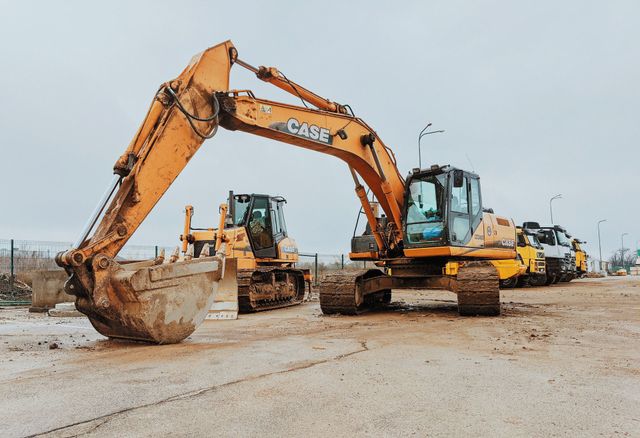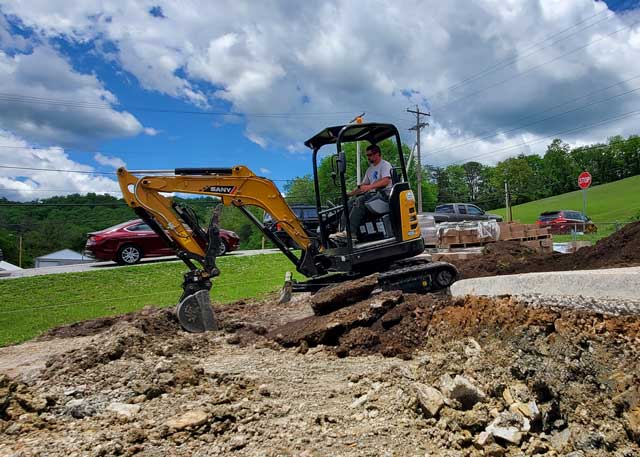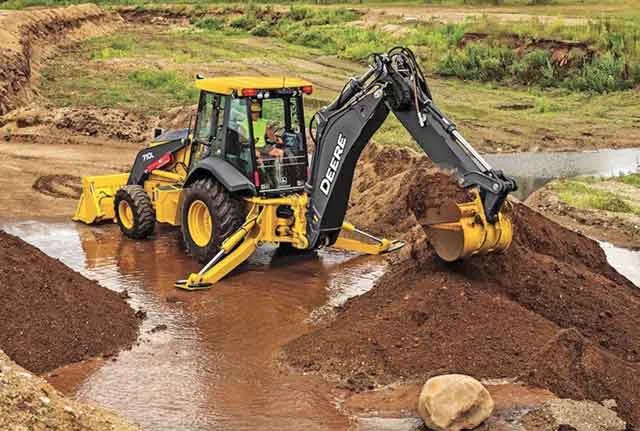Comprehensive Excavation Strategies: Mastering the Fundamentals for Success
In the world of construction and civil engineering, the relevance of efficient excavation techniques can not be overstated. The mindful preparation, specific execution, and careful focus to information required in excavation tasks demand a comprehensive strategy that includes numerous essential aspects. From initial soil analysis to the execution of safety and security procedures and normal development surveillance, grasping these core elements is vital for attaining success in any type of excavation endeavor. The true proficiency lies not just in comprehending these fundamentals yet in effortlessly integrating them to navigate the complexities of excavation jobs with finesse.
Understanding Excavation Project Planning

The preliminary stage of any excavation task is the preparation phase, where vital choices are made that can substantially impact the outcome of the task. Comprehending the job budget plan, timeline, and range restraints is essential for developing an extensive excavation strategy that makes certain the project's success.
One key facet of excavation task planning is the advancement of an in-depth timeline that details the series of activities, landmarks, and due dates. This timeline offers as a roadmap for the job team, enabling them to track development and make required adjustments to make certain the task remains on schedule. Furthermore, a distinct spending plan that makes up all expenditures, consisting of tools rental, labor prices, and materials, is crucial for preventing cost overruns and delays. By carefully thinking about all these elements during the drawing board, excavation tasks can be implemented effectively and efficiently, bring about successful results.
Dirt Analysis and Site Evaluation
Conducting thorough dirt evaluation and website analysis is a vital action in the prep work stage of any type of excavation project. Soil analysis includes figuring out the structure, framework, and buildings of the soil at the excavation site. This details is crucial for understanding the dirt's bearing ability, moisture content, and capacity for erosion, which are vital consider establishing the excavation approaches and equipment needed for the project.
Site analysis exceeds dirt evaluation and incorporates a broader evaluation of the general website problems. This evaluation consists of recognizing any prospective hazards, such as below ground utilities, ecological issues, or unsteady surface, that might affect the excavation process. By extensively examining the site, job managers can establish reliable excavation approaches that focus on security, effectiveness, and environmental defense.
Using sophisticated technologies like ground-penetrating radar, soil tasting, and drone surveys can enhance the precision and effectiveness of soil analysis and website examination. Investing time and sources in these preliminary actions can eventually conserve time and avoid expensive hold-ups or issues during the excavation procedure.
Tools Choice and Utilization
Efficient excavation jobs count heavily on strategic tools selection and use to guarantee optimal efficiency and productivity. Selecting the right devices for the job is vital in maximizing effectiveness and reducing downtime. Variables such as the type of dirt, depth of excavation, and task scope play a significant function in determining the most suitable devices for the job at hand.

Along with selecting the appropriate equipment, proper usage is vital to task success. Operators has to be educated to take care of the tools securely he has a good point and successfully - lancaster excavation. Regular maintenance checks and timely repair services assist protect against failures and make certain regular efficiency throughout the task
Safety And Security Actions and Rules Conformity
In the world of excavation projects, prioritizing precaution and conformity with policies is vital to making sure a lawfully sound and secure operational setting. Security procedures incorporate a series of techniques, consisting of carrying out extensive site evaluations, carrying out proper signs and barriers, and providing ample security training for all employees involved in the excavation procedure. Adherence to laws, such as OSHA demands in the USA, guarantees that the excavation task fulfills the needed standards to secure published here workers, bystanders, and the surrounding atmosphere.

Monitoring Progression and Adjusting Techniques
How can forecast supervisors successfully track the development of excavation jobs and adjust their techniques as necessary to optimize results? Surveillance progress is important for ensuring that excavation jobs stay on track and satisfy target dates.

Final Thought
Finally, mastering the fundamentals of comprehensive excavation techniques is essential for the success of any type of job. By recognizing task preparation, evaluating soil and site problems, choosing proper tools, abiding with safety regulations, and checking development, job managers can make sure a smooth and effective excavation process. Carrying out these techniques will certainly cause effective results and decrease prospective risks or setbacks throughout the excavation project.
The preliminary stage of any excavation project is the planning phase, where important decisions are made that can substantially influence the outcome of the task. Understanding the project budget plan, timeline, and scope restraints is crucial for producing a detailed excavation plan that guarantees the task's success.
Exactly how can predict supervisors efficiently track the advancement of excavation tasks and adapt their strategies as necessary to maximize end results? By very closely monitoring progression and being willing to adapt techniques, job supervisors can enhance the total success of excavation projects.
By understanding project planning, analyzing soil and website conditions, choosing proper tools, abiding with security regulations, and checking progression, task supervisors can guarantee a smooth and reliable excavation procedure.